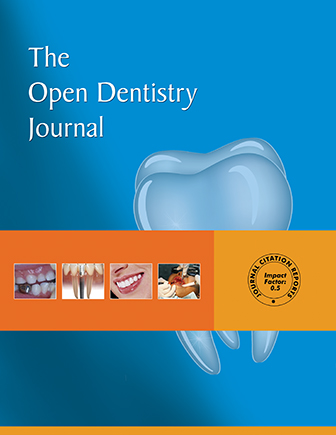Periosteal Envelope Flap as a Technique for Horizontal Bone Augmentation: A Case Series Study
Abstract
Background:
Following tooth extraction, the alveolar bone is typically subject to irrevocable and progressive changes that are collectively referred to as natural bone resorption. This process eventually results in a deficiency of the vertical and horizontal dimensions of the bone. Conventionally, various methods are used to repair alveolar defects resulting from tooth extraction, and to achieve vertical or horizontal bone regeneration. The aim of this study was to evaluate the influence of periosteal pocket flap on the enhancement of horizontal length in alveolar bone regeneration.
Methods:
Twenty-two patients (7 men, 15 women) aged 45–60 years were enrolled in this study. Periosteal envelope flaps and Cerabone were used to increase alveolar bone thickness. Ridge width was measured preoperatively and 4-6 months postoperatively using cone-beam computed tomography. The pre- and postoperative results were compared using the paired t-test.
Results:
An average of 2.53 mm (P < 0.001) horizontal enhancement of the alveolar ridge was achieved.
Conclusion:
The results of this study suggest that the use of a periosteal pocket flap with xenograft material is an excellent method which increase more than 2 mm alveolar bone width. As the study sample was small, further clinical investigations with larger samples are recommended.


